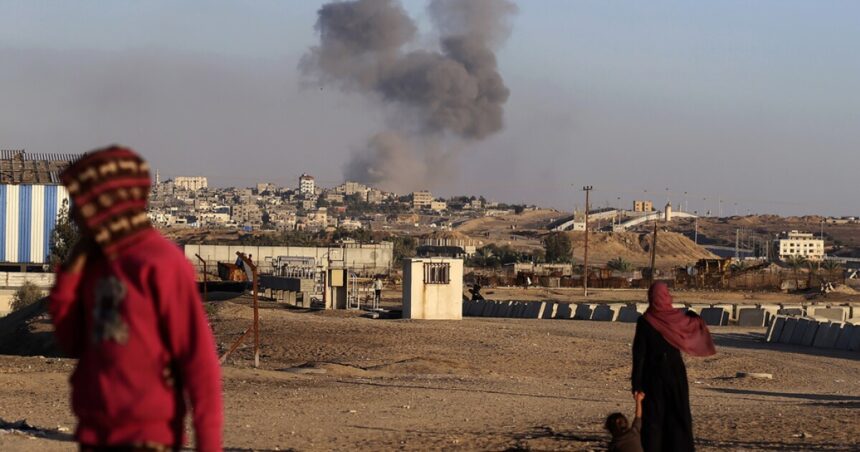A U.N. court has ordered Israel to stop its offensive in the southern Gaza city of Rafah, which has further strained its relationship with the United States over the military operation. Despite facing increasing condemnation globally, American officials consider the operation limited and focused.
The decision from the International Court of Justice in The Hague comes at a time when Israel is becoming more isolated, with Norway, Ireland, and Spain announcing their recognition of a Palestinian state, and the chief prosecutor of another international court seeking arrest warrants for Israeli Prime Minister Benjamin Netanyahu and Hamas leaders.
While the Biden administration does not support a large-scale offensive in Rafah, it believes that Israel’s actions so far have not crossed any red lines. The administration remains committed to providing military and political support to Israel after a deadly Hamas attack last October, but also urges Israel to avoid a full-scale military operation in Rafah.
National security adviser Jake Sullivan stated that Israel’s current military operations in the area have been targeted and limited, without major incursions into densely populated urban areas. However, the administration is closely monitoring the situation to see how it unfolds.
Despite pressuring Israel to avoid a major operation in Rafah, U.S. officials have indicated that if Israel were to proceed with such an operation, it would lead to a reduction in weaponry supplied by the U.S. President Joe Biden warned that he would withhold weapons if Israel were to escalate its actions in Rafah.
Following Sullivan’s trip to Israel and Saudi Arabia, there was a shift in tone at the White House, indicating that Israeli planning had addressed many of Biden’s concerns about its plans for Rafah. While the administration did not endorse the Israeli plan, it acknowledged that Israeli officials were taking Biden’s concerns seriously.
Despite the developments, Palestinians in Rafah remain trapped, with over a million seeking refuge in the area. The situation has made it dangerous for aid groups to provide necessary supplies to the population. Gaza requires a significant amount of aid to prevent famine and stabilize the region, but the Israeli offensive has hindered the delivery of vital supplies.
The ICJ ruling was welcomed by international humanitarian groups, highlighting the urgent need for increased humanitarian aid to Gaza. However, there is no practical mechanism to compel Israel to comply with the court order, which also calls for an increase in humanitarian aid and access for war crimes investigators.





